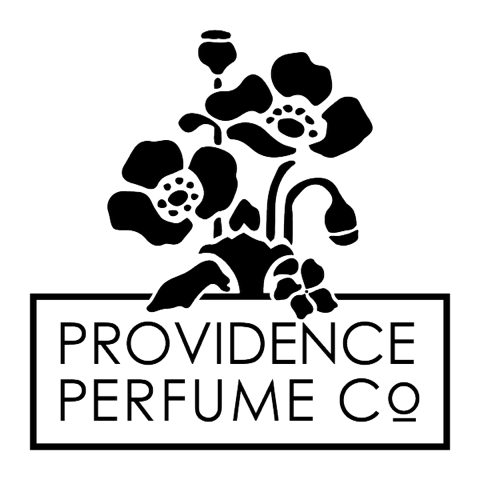
Peach and Apricot Tincture
My obsession has returned. Sometimes, it's pushed aside for other important daily tasks, but it never dissipates. I LOVE making tinctures for perfume! When teaching perfume courses, my students favorite part of the class is when we create a tincture. I've decided this is due to my overwhelming passion and tinctures benefits to perfumery I outline to the students. In addition, students feedback indicates they find making tinctures manageable and fun. Tinctures are easy to make, utilize imagination (can I tincture seaweed, and if so what will it smell like?) and easy to understand whereas blending accords and remembering which botanicals are base notes are decidedly less "fun" to many Introductory students.
The benefits to using tinctures as the alcohol base for botanical perfumes are numerous. Notice I stated "as the alcohol base." I recommend using tinctures as the perfumers alcohol for blending a perfume. I stress to the students that we are not creating a tincture to replace an essential oil or absolute (although one can tincture vanilla beans very successfully and use them as a replacement for vanilla absolute) we are more creating a subtle back note for the perfume by using the tinctured alcohol to blend.
The benefits to using tinctures in perfumes are as follows:
1. ORIGINALITY By using a tincture in your perfume you can put a highly original spin on your scent. Will anyone else be blending with your homemade squash blossom tincture? Doubtful. That unplaceable irresistible note you detect? Why it's my own New England blackberry leaf tincture!
2. FIXATION Many tinctures are created from botanical matter containing sugars and starches. These ingredients actually help a natural perfume last longer as they help trap scent molecules to the skin and slow evaporation. In addition, by using a tinctured alcohol to blend perfume we help extend a note throughout the drydown of the perfume. For example, it is notoriously hard to create a long lasting natural citrus perfume as citrus oils are top notes and evaporate quickly. If formulating a perfume using an orange tincture we are able to pull the citrus note through the length of the perfume and we can help extend the orange note through the mid and even base notes of the perfume as it dries down. I find this incredibly exciting.
3. PALETTE EXTENSION While we may not be able to source a natural blackberry essence, we can create one by tincturing freeze dried blackberries. The ability to create new aromas allows us to expand our perfumers palette.
Lilac Tincture


22 comments
Hello Wesley,
Big flowers such as gardenia or peony can be problematic to tincture due to their high water content. Drying the flowers ruins their beautiful aroma. I would recommend a homemade enfleurage to capture the scent of the gardenia. It’s a time consuming process and you need to have a good supply of flowers over an extended period of time available.
I have just started tincturing with gardenia. I am on a mission to capture the scent using fresh flowers. I am having problems with water in the flowers, and drying them deplete so of their natural scent. So the questions is, can gardenia, or any fresh flower be freeze dried and still maintain that natural smell?
Thank you
Charna, You have to try toasted coconut tincture! It’s incredible, and long lasting. I used an organic finely shredded unsweetened dried coconut, used about a cup, toasted it in the oven till golden brown and threw it warm in the jar and added a cup of alcohol.
Also, are the scented alcohol tinctures that you are selling now made by you?
So hypothetically speaking, if I wanted to make a “perfume” that was strictly a tincture, could I put multiple things in it at once? Or stick to one smell good item at a time? I know it won’t be a true perfume, but I’m trying to satisfy my craving for experimentation until I can afford to stock up on oils.
Hi Charna. I had no idea a citrus tincture could extend the citrus notes all the way down to the base! I know it’s not the first time I’ve thanked you, but thanks again for being so generous with your knowledge.